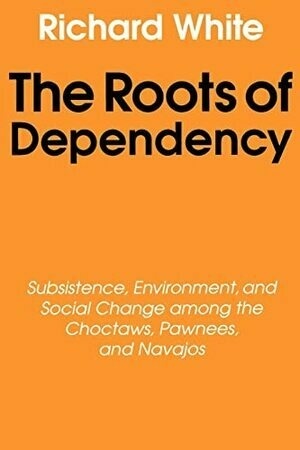
"Richard White's study of the collapse into 'dependency' of three Native American subsistence economies represents the best kind of interdisciplinary effort. Here ideas and approaches from several fields--mainly anthropology, history, and ecology--are fruitfully combined in one inquiring mind closely focused on a related set of large, salient problems. . . . A very sophisticated study, a 'best read' in Indian history."--American Historical Review "The book is original, enlightening, and rewarding. It points the way to a holistic manner in which tribal histories and studies of Indian-white relations should be written in the future. It can be recommended to anyone interested in Indian affairs, particularly in the question of the present-day dependency plight of the tribes."--Alvin M. Josephy, Jr., Western Historical Quarterly "The Roots of Dependency is a model study. With a provocative thesis tightly argued, it is extensively researched and well written. The nonreductionist, interdisciplinary approach provides insight heretofore beyond the range of traditional methodologies. . . . To the historiography of the American Indian this book is an important addition."--W. David Baird, American Indian Quarterly Richard White is a professor of history at the University of Washington. He is the winner of the Albert J. Beveridge Award of the American Historical Asso-ciation, the James A. Rawley Prize presented by the Organization of Ameri-can Historians and the Francis Parkman Prize from the Society of American Historians. His books include The Middle Ground: Indians, Empires, and Republics in the Great Lakes Region, 1650–1815, "It's Your Misfortune and None of My Own": A History of the American West and The Organic Machine: The Remaking of the Columbia River